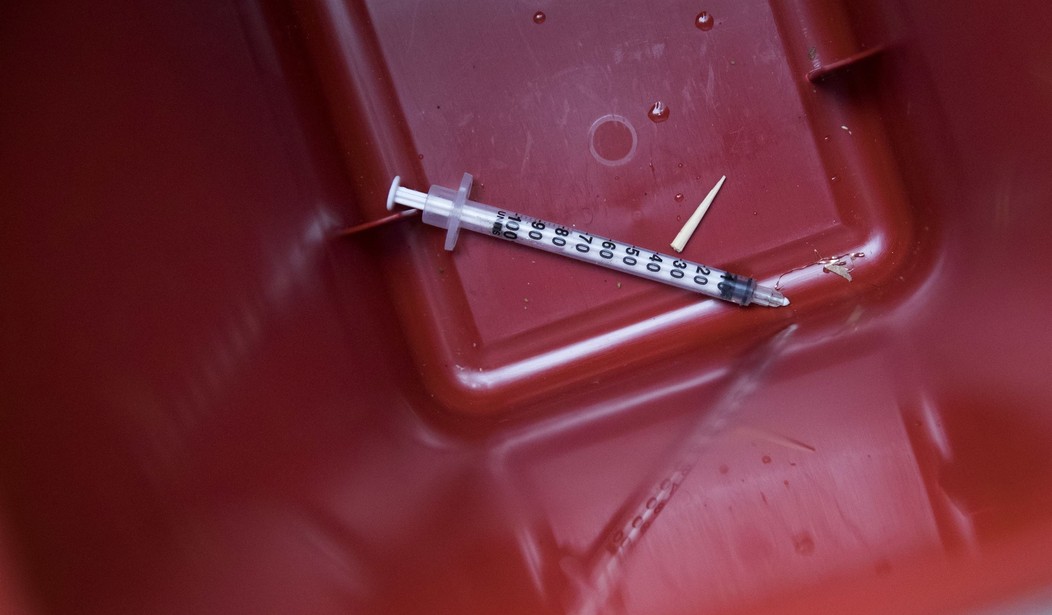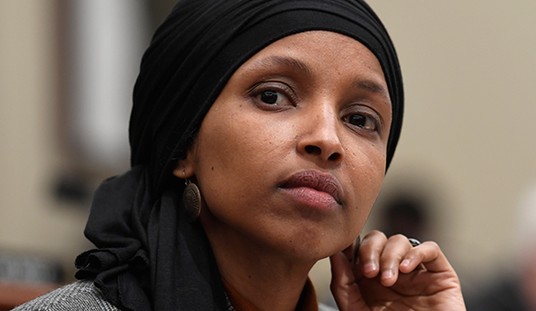Via Yahoo! Finance:
U.S. drugmaker Pfizer is ready to launch its respiratory syncytial virus (RSV) vaccine for both older adults and pregnant women in the United States and Europe later this year, executives said on Thursday.
Both Pfizer and British drugmaker GSK have RSV vaccines they hope to launch in the United States and Europe this year, pending regulators’ approval. [emphasis added]
“We are anticipating approval in both the U.S. and Europe in time for rollout in the fall,” Kena Swanson, Pfizer head of viral vaccines research & development, told a media briefing at the company’s biggest manufacturing and packaging site globally.
“Pending regulators’ approval” — haha! As if there is any doubt about which way the FDA’s decision will go, as if the agency is anything more than a ceremonial rubber-stamping formality.
Is Pfizer’s new concoction medically necessary, strictly speaking, or perhaps are there alternate motives at play?
Some 14,000 people die annually in the United States of the lower respiratory tract disease caused by the virus, and analysts see a multibillion-dollar market for the vaccine by the end of the decade.
Taking that figure at face value, let’s do some quick math. Out of an American population of 336,200,330, 14,000 deaths occur due to RSV each year. That means the average American — not accounting for age — has a 0.0041% chance of dying from RSV.
For comparison purposes, 30,000 adverse events — including death — are reported annually to the CDC Vaccine Adverse Event Reporting System. This is likely an under-accounting of the actual number of side effects, as some studies estimate less than 1% of adverse events are ever actually reported through the system.
Specifically, in the context of Pfizer’s new RSV vax, there is good reason to exercise caution.
Via CNN:
Two people who received Pfizer’s respiratory syncytial virus (RSV) vaccine during a clinical trial were later diagnosed with Guillain-Barre syndrome, and the US Food and Drug Administration has asked Pfizer to conduct a safety study if the shot is approved, according to agency documents released Friday.
The cases were confirmed in two adults in their 60s who were among 20,000 vaccine recipients in Pfizer’s Phase 3 clinical trial. One person’s illness had completely resolved after three months, and another was improving after six months. There were no Guillain-Barre cases among people who didn’t receive the shot.
Will Pfizer — or the CDC or FDA that it funds — encourage Americans to carefully weigh any potential benefits from its new product against the potential risks, or will it encourage every eligible person to get the shot, no questions asked, as it did with its COVID-19 injections?










Join the conversation as a VIP Member